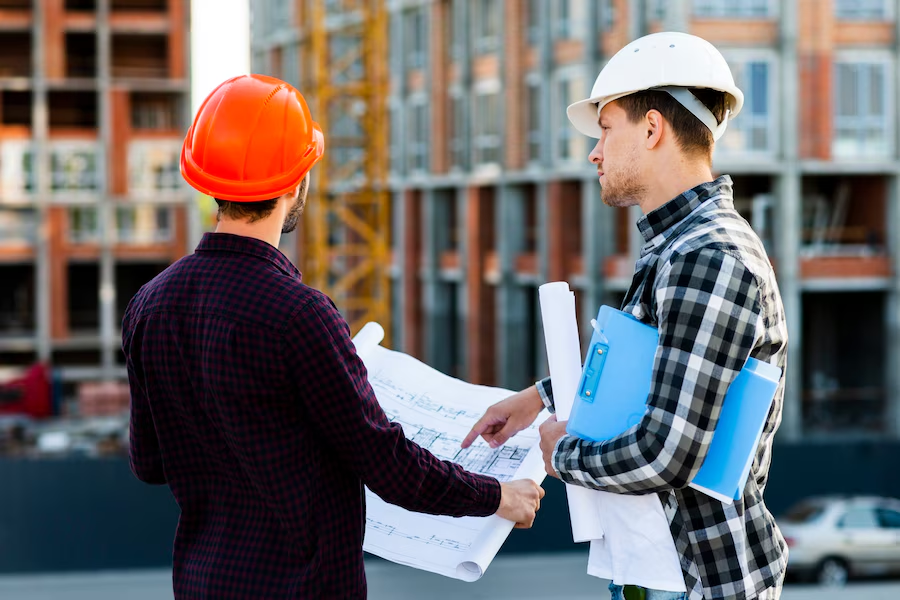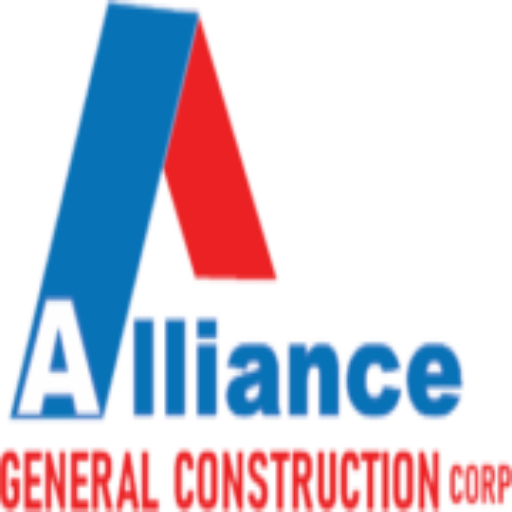Securing permits and undergoing inspections are critical in the construction world to ensure that projects meet legal standards and safety requirements. This is particularly important in the Bronx, where unique local regulations and challenges can complicate the process. A general contractor plays a pivotal role in managing these tasks, ensuring that all necessary permits are obtained and inspections are completed.
Understanding Permits and Inspections
Definition and Purpose of Permits
Permits are official approvals from local government agencies that allow you to proceed with construction or remodeling work. They ensure that projects comply with building codes, zoning laws, and other regulations to ensure safety, structural integrity, and environmental protection.
Explanation of Inspections and Their Significance
Municipal officials conduct inspections at various stages of a construction project to verify that the work complies with approved plans and regulations. They are crucial for ensuring that the project is built correctly and safely. Please pass inspections to avoid costly delays and modifications.
Importance of Compliance with Local Regulations in the Bronx
The Bronx has building codes and regulations that reflect its unique urban landscape and community needs. Compliance with these local rules is essential to avoid legal issues, fines, and potential hazards. Understanding and adhering to these regulations is a significant responsibility for any contractor in the area.

The Permit Application Process
Initial Planning
The first step in the permit application process is assessing the project’s requirements thoroughly. This includes understanding the scope of work, identifying potential zoning issues, and determining the types of permits needed.
Different projects require different permits. For instance, a new building might need permits for construction, electrical work, plumbing, and more. Identifying all necessary licenses early in the planning stage is crucial to avoid delays.
Preparation of Documentation
Documentation is a vital part of the permit application process. This typically includes architectural plans, site surveys, environmental assessments, and other documents that provide detailed information about the project.
Accurate completion of application forms is essential. Mistakes or omissions can lead to delays or rejections. To facilitate the approval process, it’s important to provide comprehensive and precise information.
Submission and Fees
Once all documents are prepared, they must be submitted to the relevant municipal departments. This often involves multiple agencies, each responsible for different aspects of the project.
Permit applications usually involve fees, which can vary based on the type and scope of the project. These fees must be paid at the time of submission to process the application.
Follow-Up and Communication
After submission, it’s essential to track the progress of permit applications. This ensures that any issues or delays are promptly addressed.
Ongoing communication with local authorities is often necessary to address any questions or additional requirements during the review process. Proactive follow-up can help expedite approvals and keep the project on schedule.
Managing Inspections
Scheduling Inspections
Inspections must be scheduled at various stages of the construction process, such as after foundation work, framing, and completion. These milestones should be integrated into the overall project timeline.
Effective coordination with inspectors is crucial. This involves timely communication to ensure inspections are scheduled without causing project delays.
Preparation for Inspections
Before the inspection, ensure all work is done according to the approved plans and meets local regulations. This minimizes the risk of failing the inspection.
Conducting a thorough pre-inspection check helps identify and address any issues that might cause the project to fail the inspection.
During the Inspection
The general contractor should be present during inspections to provide information and address any concerns or questions the inspector may have.
Immediate resolution of any issues the inspector raises can prevent delays and ensure the project remains on track.
Post-Inspection Process
After the inspection, review the inspection report carefully to understand any deficiencies noted by the inspector.
If the inspection report lists required corrections, address them promptly to avoid delaying the project.
If corrections are needed, schedule follow-up inspections to verify the issues have been resolved and obtain the necessary approvals to continue work.
Role of a General Contractor in Permits and Inspections
Expert Knowledge
A general contractor must deeply understand local building codes and regulations to ensure all work complies with the law.
Staying informed about changes in permit requirements is essential to avoid legal issues and ensure compliance throughout the project.
Efficient Documentation and Filing
Accurate and complete documentation is crucial for the permit and inspection process. Errors can lead to delays and additional costs.
Organized record-keeping helps manage the permit and inspection process efficiently and provides easy access to necessary documents when needed.
Liaison with Authorities
Strong relationships with local officials can facilitate smoother communication and faster resolution of issues.
Effective communication with authorities helps address any concerns quickly, keeping the project on track.
Project Management Integration
Integrating permit and inspection schedules into the project timeline helps prevent delays and ensures the project’s timely completion.
Proactive planning for permits and inspections can minimize delays and keep the project on schedule.
Challenges and Solutions in the Bronx
Navigating Local Regulations
The Bronx has unique regulatory requirements. A knowledgeable contractor can navigate these effectively to ensure compliance.
Tailoring strategies to meet local standards helps avoid legal issues and ensures the project progresses smoothly.
Handling Delays and Roadblocks
Anticipating potential delays and having contingency plans can help mitigate their impact on the project timeline.
Proactive problem-solving helps address issues promptly, keeping the project on track and within budget.
Conclusion
Securing permits and successfully managing inspections are crucial to any construction project, especially in a complex regulatory environment like the Bronx. An experienced general contractor navigates these processes, ensures compliance, and maintains project timelines.
Consider hiring Alliance Construction to handle your next project for efficient permit and inspection management in the Bronx. Their expertise and proactive approach can help ensure a smooth and successful construction experience.

